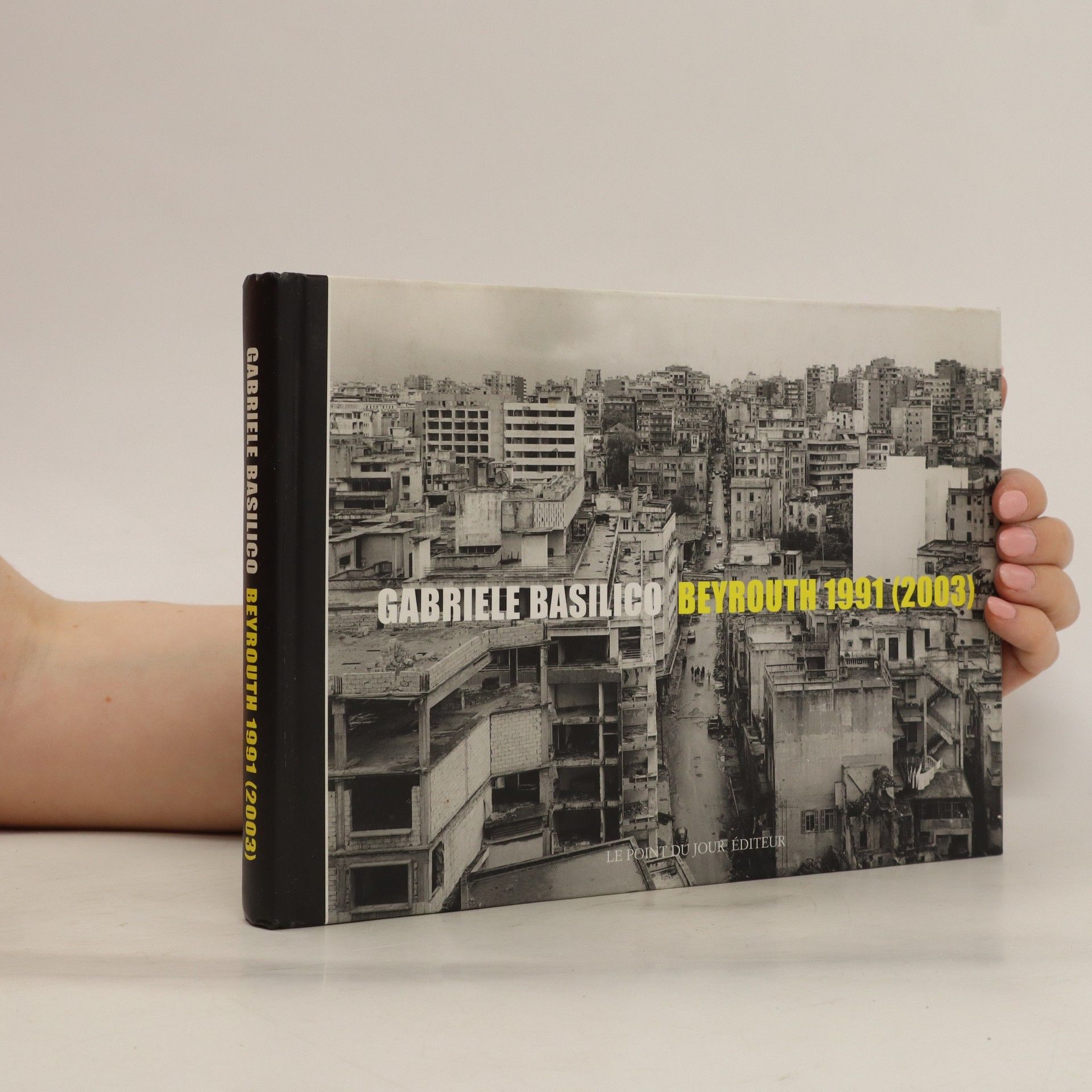Dominique Eddé Livres


The Crime of Jean Genet
- 158pages
- 6 heures de lecture
Now in paperback, The Crime of Jean Genet is a powerful personal account of the influence of one writer on another and one of the most penetrating explorations yet of Genet's work and achievement. Dominique Eddé met novelist and playwright Jean Genet in the 1970s. And she never forgot him. "His presence," she writes, "gave me the sensation of icy fire. Like his words, his gestures were full, calculated and precise. . . . Genet's movements mimicked the movement of time, accumulating rather than passing." This book is Eddé's account of that meeting and its ripples through her years of engaging with Genet's life and work. Rooted in personal reminiscences, it is nonetheless much broader, offering a subtle analysis of Genet's work and teasing out largely unconsidered themes, like the absence of the father, which becomes a metaphor for Genet's perpetual attack on the law. Tying Genet to Dostoevsky through their shared fascination with crime, Eddé helps us more clearly understand Genet's relationship to France and Palestine, Judaism, Christianity, Islam, the theater, and even death. A powerful personal account of the influence of one writer on another, The Crime of Jean Genet is also one of the most penetrating explorations yet of Genet's work and achievement.